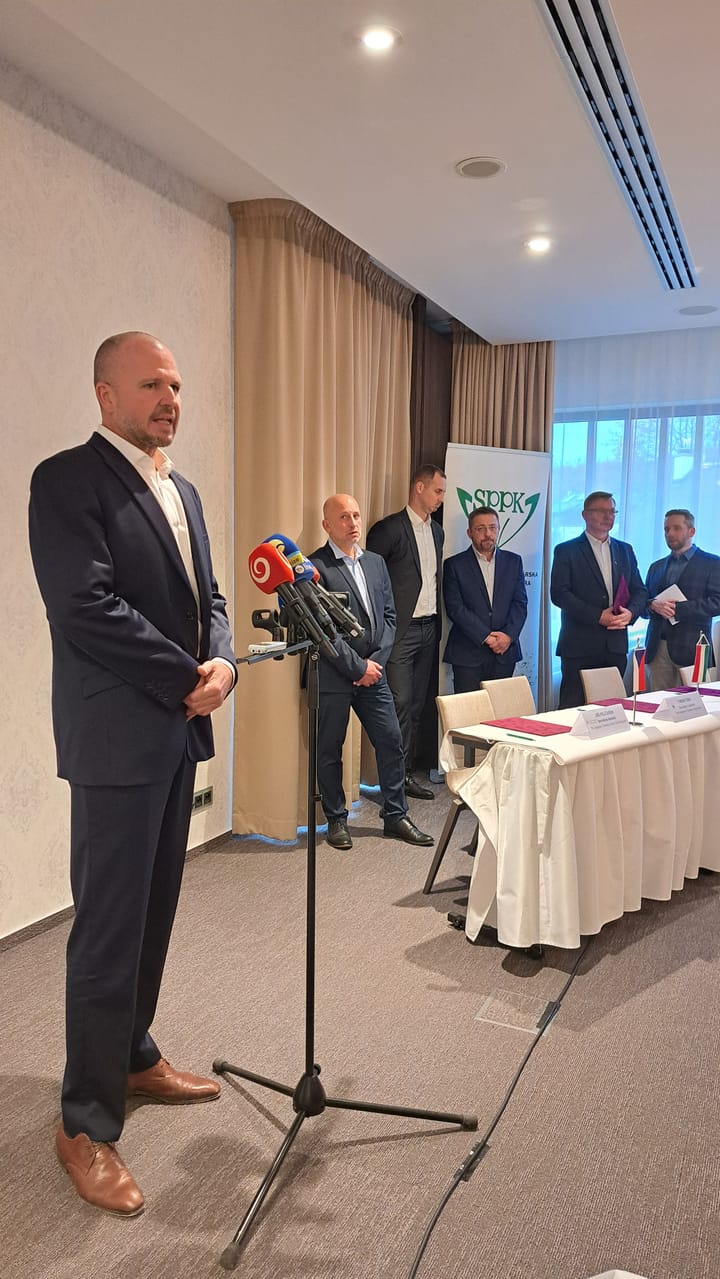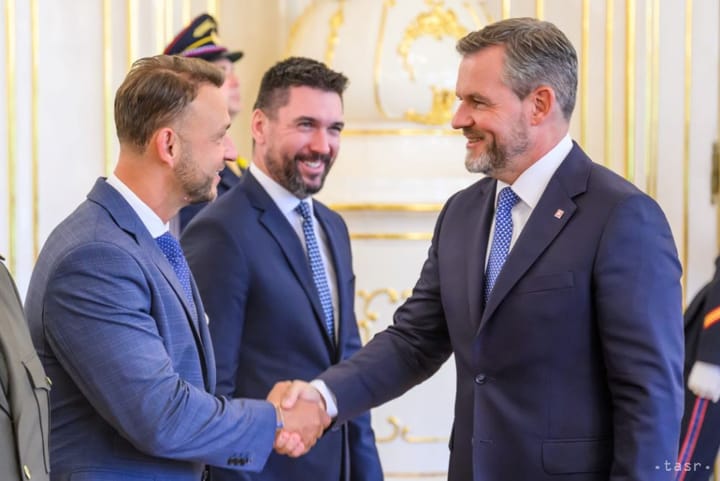Matecna: EU Members Have Found Compromise for Fishing in Baltic Sea

Brussels/Luxembourg, October 11 (TASR-correspondent) – Simplification of the rules of EU agricultural policies, along with food markets, relations between farmers and suppliers and quotas for fishing, were the main topics of the first day of the EU Agriculture and Fisheries Council session in Luxembourg on Monday.
Slovak Agriculture and Rural Development Minister Gabriela Matecna presided over the session.
The minister said that the first part of the discussion was mainly focused on the Omnibus Regulation, which is, in terms of the Common Agricultural Policy (CAP), among the priorities of Slovakia’s Presidency of the Council of the EU, whose aim is to simplify the rules.
“The proposal is part of a medium-term revision of the multiannual financial framework of the EU and should simplify the procedures for farmers and managing bodies in individual EU-member states,” explained Matecna.
Matecna said that this regulation concerns some elements of direct payments, rural development, joint organisation of agricultural markets, creation of a mechanism for the stabilisation of incomes from individual sectors and simpler rules for accessing loans.
She added that the current situation on food markets was also one of the main topics. European Commissioner for Agriculture and Rural Development Phil Hogan reported that there was a mild stabilisation of milk prices and a slight increase of pork meat prices. Matecna warned that the validity of quotas on sugar will expire in the next year and some ministers are worried that it could lead to the same situation that arose after the milk quotas had been scrapped.
Shortly before midnight, Matecna together with European Commissioner for Environment, Maritime Affairs and Fisheries Karmenu Vella announced that after the talks, which were much tougher than expected, the ministers unanimously came to a compromise on fishery quotas for the Baltic Sea for 2017.
“It was demanding to achieve a balance between sustainability of marine resources and the fisheries sector. However, as a landlocked country, we were in the position of being an ideal negotiator,” Matecna described the situation.
According to Matecna, the compromise means a reduction of fishing of eastern haddocks by 25 percent, western haddocks by 56 percent, Atlantic herring in the Gulf of Riga by 11 percent and salmon in the Gulf of Finland by 20 percent.
At the same time, EU member states agreed on the increased fishing of herring (which does not apply for the Gulf of Riga), pacific halibut, sprat and salmon (except for the Gulf of Finland).
Vella stated that this is the first time when the ministers managed to follow the newly-adopted multiannual plan for fishery management in the Baltic Sea. Priorities for reaching a consensus included respect for scientific findings, efforts for sustainability and social-economic consequences of European fishers and coastal communities, added Vella.
Matecna said that the ministers also discussed the fishing of Atlantic tuna fish and pre-prepared annual consultations between the EU and Norway on fishing in the North Sea. Positions of EU countries are already known and the agreement should be signed in December.



